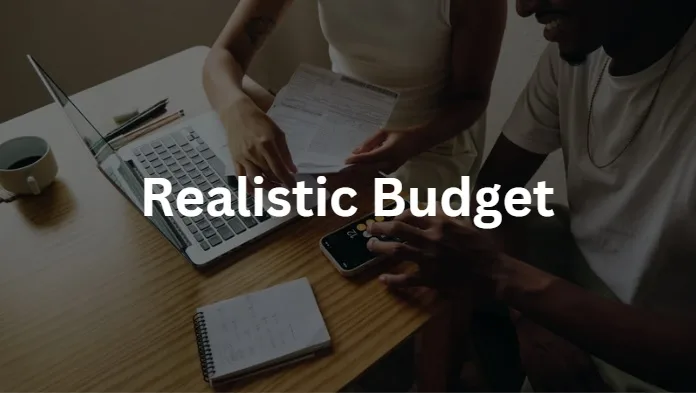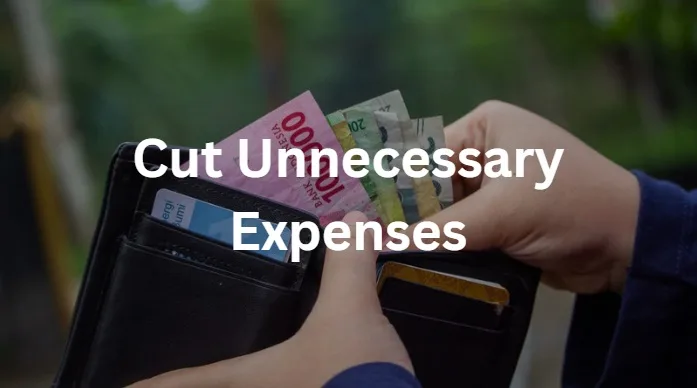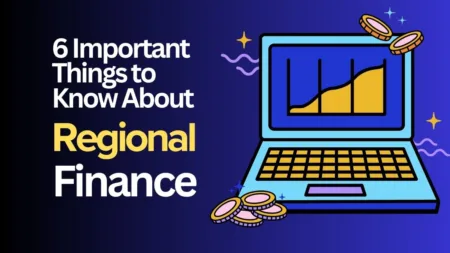Mastering personal finance has never been easier! Dive into our guide featuring 7 Simple Tips for Personal Finance Management. From budgeting hacks to saving strategies, empower yourself to take control of your finances and achieve your financial goals. Start your journey to financial success today!
Hello guys, welcome to Moneybizpedia. Today we are going to talk about money smarts. Managing cash sounds hard but it’s easy. Make good choices, set goals and plans. Those let you get what you want. New or not, this blog helps lots. Let’s learn personal finance management that anyone can do.
7 Tips on Personal Finance Management
1. Make a Realistic Budget that Works for You:

Budgeting is the cornerstone of personal finance management. It’s like your financial roadmap. Start by listing your income and expenses. Be honest about where your money is being spent every month. The key is to create a budget that’s realistic and sustainable. Remember, it’s not about depriving yourself but rather allocating your funds wisely.
Setting a budget is not about limiting your life. It is understanding where money goes and having enough for important things. Group expenses into fixed, like rent, or changing, like food and fun. Study spending habits. Can you spend less or find cheaper options? Making a doable budget takes time, so don’t quit trying until you get it right. Use budget apps or tools to make it easy and watch your work.
Budgeting is the cornerstone of personal finance management. It’s like your financial roadmap. Start by listing your income and expenses. Be honest about where your money is being spent every month. The key is to create a budget that’s realistic and sustainable. Remember, it’s not about depriving yourself but rather allocating your funds wisely.
2. Save Before You Spend:

Having savings ready is very important. Get paid then put some money aside right away. Save for things like problems, retirement, or trips later on. Saving some first means you make your future safe with money.
It’s easy to start saving for your future. Even small steps help. Set up automatic money moves into your savings each month. Then you save without thinking. Experts say keep 3 to 6 months of living costs saved as an emergency fund. This protects you when life brings surprises like medical bills or no job. It helps you feel safe no matter what.
3. Set Clear Financial Goals:

Do you want to purchase a home, pay off debt, or explore the globe? Having clear economic aims is crucial. Your aims give your finances an intention and inspiration to conserve. Separate them into short-term and long-term aims, and don’t overlook to observe your accomplishments as you progress.
Financial goals are your motivation and your destination. They could include short-term objectives like paying off credit card debt or saving for a vacation, as well as long-term ones like buying a home or funding your retirement. Make your goals that are crystal clear, easy to track, doable, fitting to your life, and have a clear deadline – make them SMART! This framework helps you stay focused and on track. When you reach your financial milestones, celebrate your achievements. Rewarding yourself along the way makes the journey more enjoyable.
4. Cut Unnecessary Expenses:

Look closely at what you spend money on and find places to save. Small things like daily coffee or monthly subscriptions can take money without you realizing. By removing expenses you don’t really need, you will have more money to save for your plans.
Finding expenses you do not need can give you more money for your plans. Look carefully at how you use your money. Maybe it’s that lunch you buy each day or more than one streaming service. Cutting back does not mean you cannot treat yourself; it’s about making better choices. Think about bringing your lunch from home or ending subscriptions you do not often use. The money you save can really help reach your money goals.
5. Build and Maintain Good Credit:

Your credit score grades how you handle money. It shows lenders if you’re a safe borrower. Pay bills on time, don’t use all your credit, and check for mistakes on your report. This helps your future and wallet. Good credit can save cash over time.
Think of your credit score like school grades. Good grades mean more chances. A high credit score lets you have better money chances at lower interest rates. Always pay your bills on time. If you owe on credit cards, work on paying that debt down. Keep what you owe on cards lower than their limit. Then you won’t owe too much on credit cards. Check your credit report often for mistakes and argue wrong things. Good credit habits can save money when you need to borrow for big buys like a car or home.
Also read: 10 Loans for Bad Credit That Can Help You Get Back on Track
6. Invest Wisely:

Once you’ve established your emergency fund and paid off high-interest debt, consider investing. Investing is like planting seeds for your money, and as time goes by, those seeds can turn into a financial garden that flourishes. Explore options like stocks, bonds, or retirement accounts. Remember that investing involves risks, so it’s wise to educate yourself or consult a financial advisor.
After setting up your emergency savings and paying off loans with high interest, think about investing to increase your money. Having different types of investments helps control dangers. Common choices for putting money are stocks, bonds, mutual funds, and retirement accounts. Be sure you know how much financial risk you can handle and how long you plan to keep your money invested. If you’re new to investing, start with things like books, online classes, and apps for investing. Remember that investing takes a long time, and being patient is important when putting money into things.
Also read: Understanding Public Finance and Economic Growth
7. Stay Informed and Keep Learning:

Money matters change all the time. New chances and problems come up. To control your money well, keep learning about the newest things and money methods. Many free things and classes can help you get better at handling finances.
The world of personal money is always changing. New money products, rules, and chances to put money emerge. To be a master of handling personal money, stay informed about the newest patterns and money tools. There are many resources available to teach yourself, including websites, podcasts, and free online classes. Also, think about getting help from a money advisor for customized help. They can help you make smart choices and make a financial plan just for you.
Read related article: Regional Finance Reviews: Unlock 6 Important Things
Conclusion:
Learning to manage personal money takes time. You must know where you stand, set goals you can reach, and make smart choices. Make a budget that fits your situation. Save a little each time. Decide what you want your money to do. Spend only on what you need. Build a good name for paying back loans. When ready, put some money to grow over time. Your money path is yours alone. Start now so your money dreams become your true tale.












